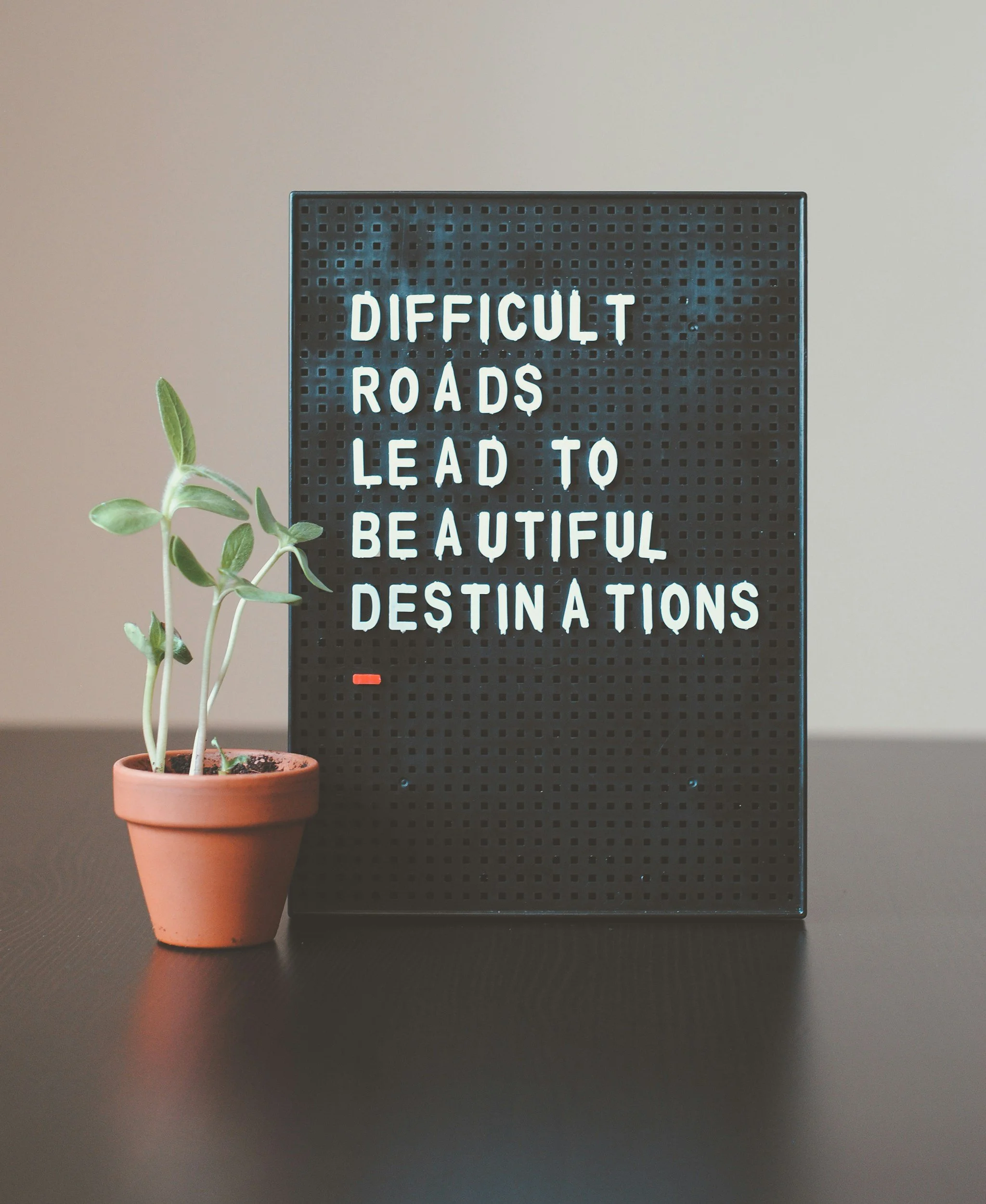Entrepreneurial Toolkit
Entrepreneurial Toolkit
This Toolkit is designed to make entrepreneurship accessible for students who have ideas but not resources, connections, or financial stability. It’s a step-by-step guide that helps you turn a spark into something tangible, whether it’s a product, a service, or a movement. Built from real experiences and stories shared on Entrepreneur Voices, it focuses on creativity, resilience, and problem-solving. Entrepreneurship doesn’t rely on privilege; it relies on vision and persistence.
Step 1: Find Your Idea
Forget “million-dollar ideas.” Start smaller.
The best businesses don’t begin with inventions. They start with problems.
Look around your school, your neighborhood, or your city. What frustrates you? What do people wish existed? That’s where your idea hides.Try this:
Write down three problems you see around you.
For each one, brainstorm one way to make it better.
Choose the one that excites you the most, not the one you think will make the most money.
“If it solves a real problem, it already has value.”
Step 2: Test It
You don’t need money to see if your idea works. You need feedback.
Show it to people. Ask questions. See if they care.Try this:
Talk to 5–10 people who would actually use your idea.
Post a poll or a question on social media.
Make a super simple version of your product or service and see how people react.
Step 3: Build Your Team
You need people who care.
Find others who share your drive (classmates, friends, or even online connections).Think about roles:
Who’s creative?
Who’s organized?
Who’s good at talking to people?
A great team isn’t made of identical people. It’s made of people who trust each other to do different things well.
Step 4: Funding and Budgeting
You don’t need thousands to start — you need to be resourceful.
Start with what’s free: school resources, community centers, small grants, or even family friends who can lend materials or space.Here’s what helps:
Make a one-page budget (use Google Sheets; it’s free).
Know how much you actually need to get started.
Look up youth entrepreneurship grants, pitch competitions, or micro-funding programs.
Even a small win of $100 or $200 can be enough to get off the ground.
Step 5: Branding and Marketing on a Budget
Branding isn’t about logos. It’s about storytelling.
Why did you start? Who are you helping? What makes your product or service matter? That’s your brand.Free tools that work:
Canva: Design anything.
CapCut: Edit videos for social media.
Instagram/TikTok: Your marketing playground.
Start with your story. Consumers don’t follow products, they follow people.
Step 6: Finding Mentors
Everyone needs guidance, especially when starting out.
But not everyone has access to mentors. The good news is, mentors don’t have to be people you know. They can be people you reach out to.Try this:
DM entrepreneurs or small business owners in your area.
Email a teacher or local business you admire.
Join programs like NFTE, DECA, LaunchX, or your local chamber of commerce youth initiatives.
You’d be surprised how many people are willing to help. You just have to ask.
Step 7: Keep Going
Every entrepreneur starts from uncertainty. You’ll question yourself. You’ll mess up. That’s part of it.
When things go wrong, ask: What can I learn from this?
When things go right, ask: How can I build on this?You don’t need a perfect business plan. You need persistence.
Every conversation with an entrepreneur reveals something powerful: success doesn’t start with money or connections, it starts with lessons learned the hard way. These are the insights I’ve pulled from entrepreneurs who turned challenges into opportunities, and they’re here for you to apply today.
Starting & Overcoming
Struggles build character. Obstacles aren’t just setbacks . They equip you for the real world. Harsh lessons strengthen resilience and prepare you for what’s ahead.
Persistence matters more than resources. Founders proved that no matter where you start, there’s no substitute for persistence and hard work.
Do what others won’t. Growth comes from pushing past comfort—whether that means long hours, problem-solving with limited tools, or building connections others overlook.
Growth & Mindset
Shift how you think. Replace perfection with learning, and isolation with collaboration. That’s where real progress starts.
Risk teaches faster than comfort. Big leaps may feel intimidating, but they create lessons safe choices can’t.
Hardship sharpens resilience. The most difficult moments often become the most valuable experiences in hindsight.
Tools & Habits
Balance is possible. Many entrepreneurs started while balancing school, jobs, or other responsibilities. It’s not about having time . It’s about making time.
Habits build the future. Reading, reflecting, networking, and showing up consistently create momentum that compounds over time.
People & Community
Leadership is learned. Entrepreneurs aren’t born knowing how to lead. They grow into it through practice and responsibility.
Mentors accelerate growth. Guidance from mentors, coaches, or even books can shift your entire path.
Personal connections beat shortcuts. Technology is powerful, but authentic human relationships are still the strongest currency in business.
AI & The Future
AI can level the playing field. AI isn’t just for big companies. Students and small businesses can use it to save time, cut costs, and compete.
Don’t rely on it alone. AI is a support tool, not a replacement for persistence, creativity, or personal relationships.
Learn it early. Students who aren’t afraid of AI will have an edge in the next decade. Those who combine it with human-centered skills like empathy, leadership, and grit will find ways to get ahead of it.


